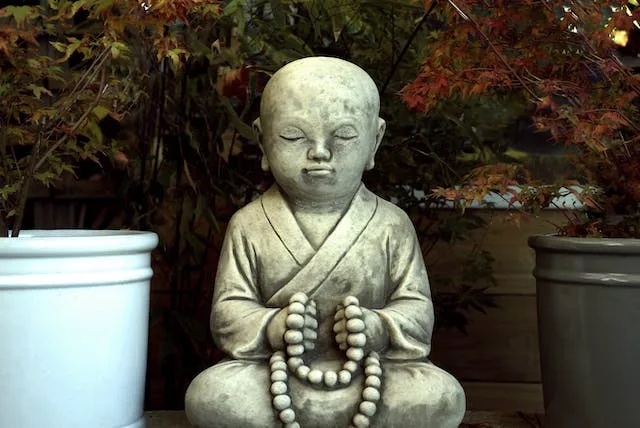The understanding of the potential for adverse effects in meditation is evolving. In 2014, the US government-run National Center for Complementary and Integrative Health suggested that:
Meditation is considered to be safe for healthy people. There have been rare reports that meditation could cause or worsen symptoms in people who have certain psychiatric problems, but this question has not been fully researched.[141]
A 2022 update of the same webpage is more cautionary:
A 2020 review examined 83 studies (a total of 6,703 participants) and found that 55 of those studies reported negative experiences related to meditation practices. The researchers concluded that about 8 percent of participants had a negative effect from practicing meditation, which is similar to the percentage reported for psychological therapies.[142]
Another 2021 review found negative impacts in 37% of the sampled participants in mindfulness-based programmes, with lasting bad effects in 6–14% of the sample, associated with hyperarousal and dissociation.[143]
More broadly, the potential for adverse effects from meditation is well-documented both in scientific articles and the popular press.[144][145][146] Cases of suicide, self-harm, and significant disturbance among meditation practitioners are also documented in canonical and other historical sources.[147][148][149] Organisations such as Cheetah House and Meditating in Safety document research on problems arising in meditation, and offer help for meditators in distress or those recovering from meditation-related health problems. In some cases, adverse effects may be attributed to “improper use of meditation”[150] or the aggravation of a preexisting condition; however, developing research in this area suggests the need for deeper engagement with the causes of severe distress, which previous “meditation teachers have perhaps too quickly and rather insensitively dismissed as pre-existing or unrelated psychopathology”.[151] Where meditation is prescribed or offered as a treatment,
Principles of informed consent require that treatment choice be based in part on the balance of benefits to harms, and therefore can only be made if harms are adequately measured and known.[143]
Meditation is not helpful if it used to avoid facing ongoing problems or emerging crises in the meditator’s life. In such situations, it may instead be helpful to apply mindful attitudes while actively engaging with current problems.[152][153] According to the NIH, meditation should not be used as a replacement for conventional health care or as a reason to postpone seeing a doctor.




